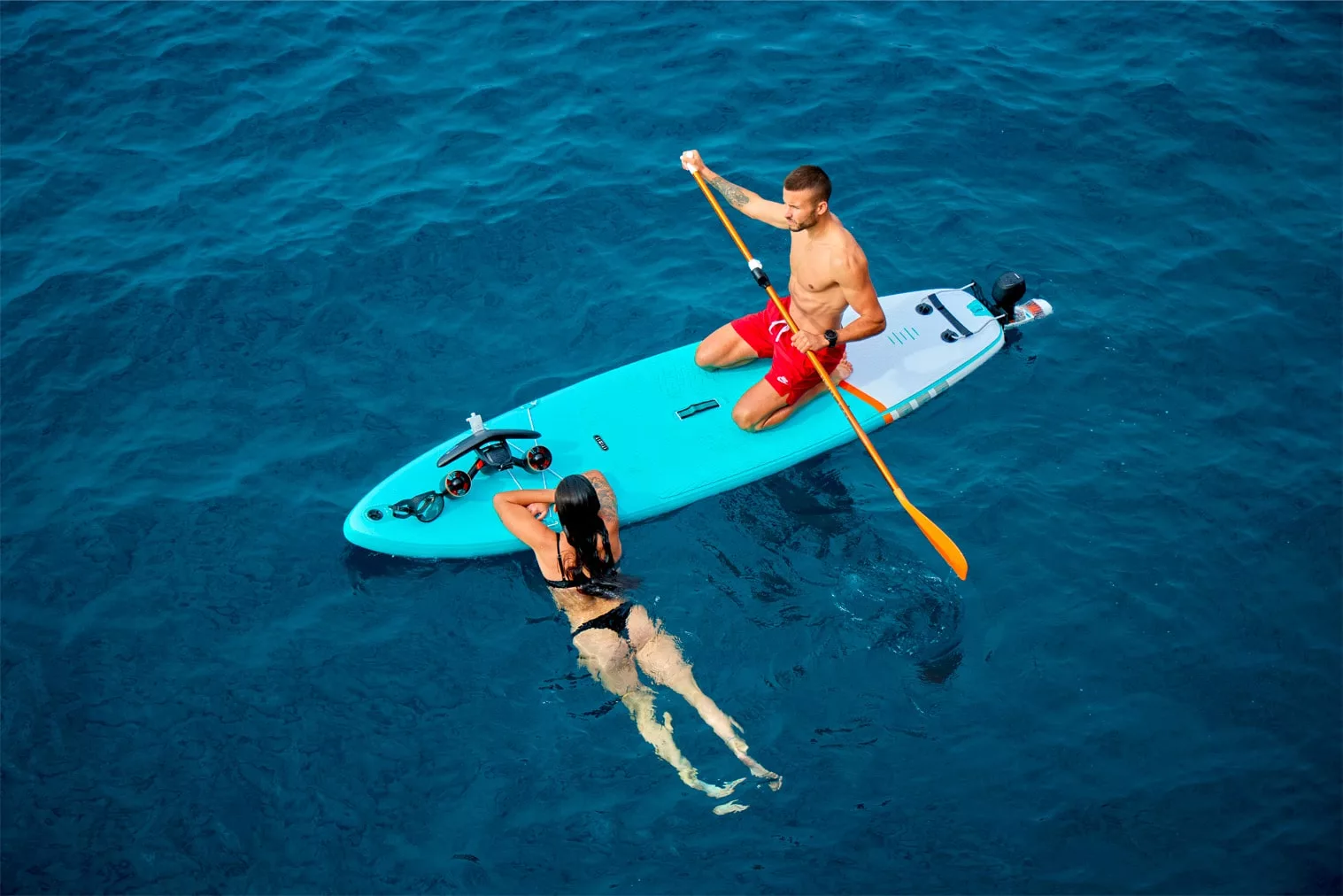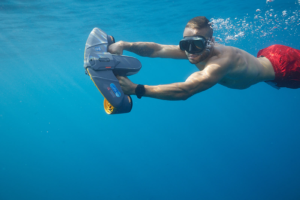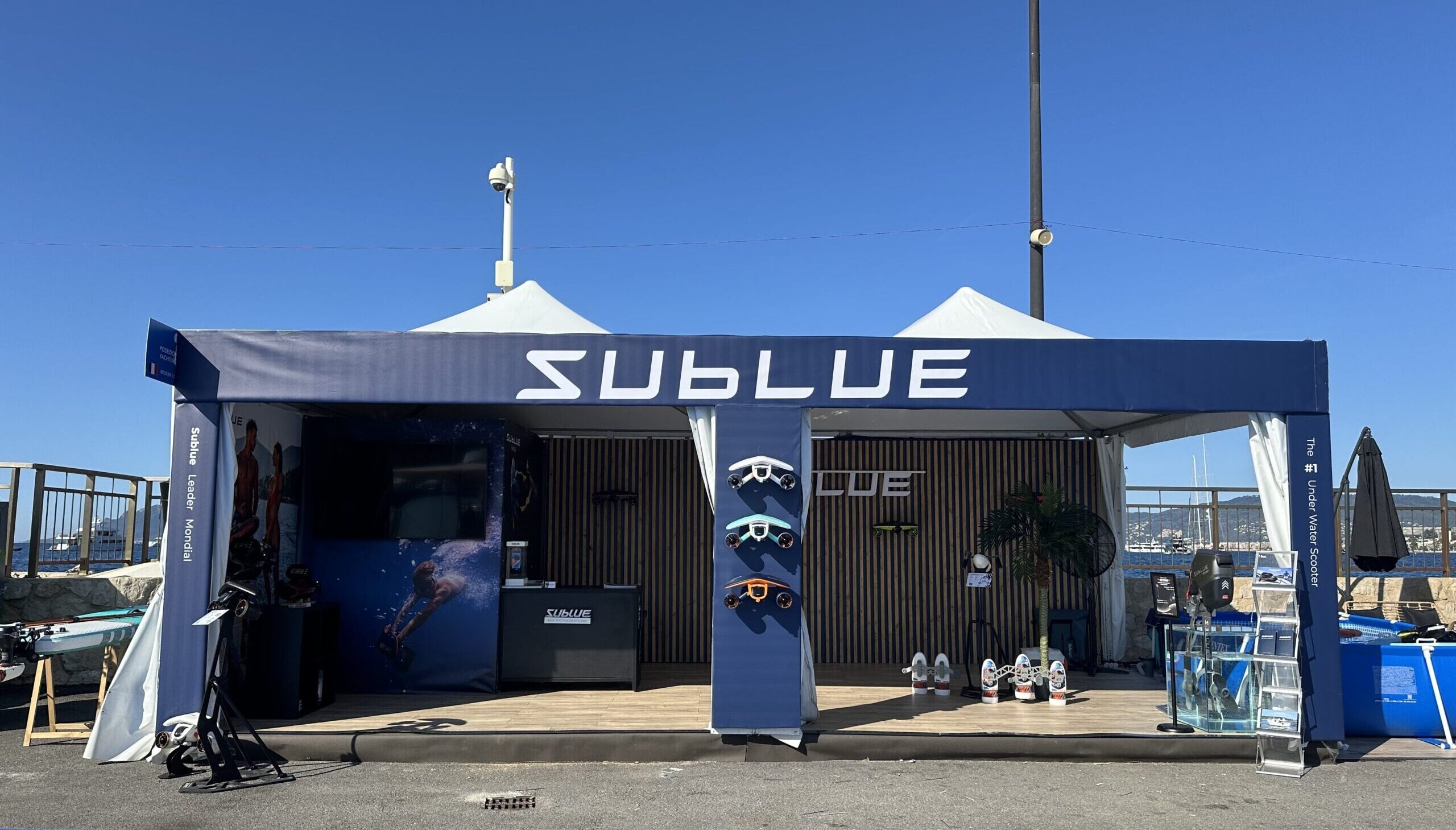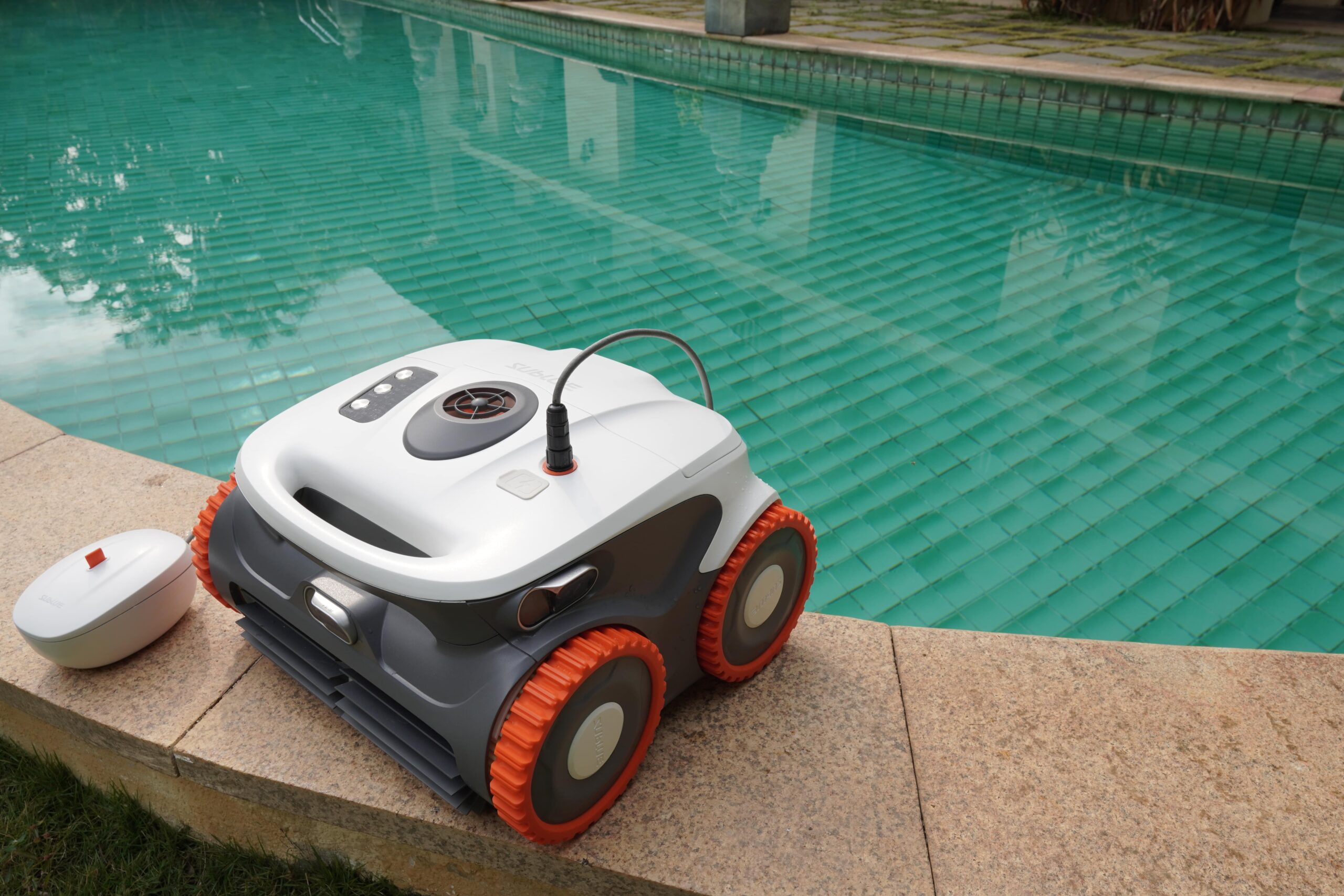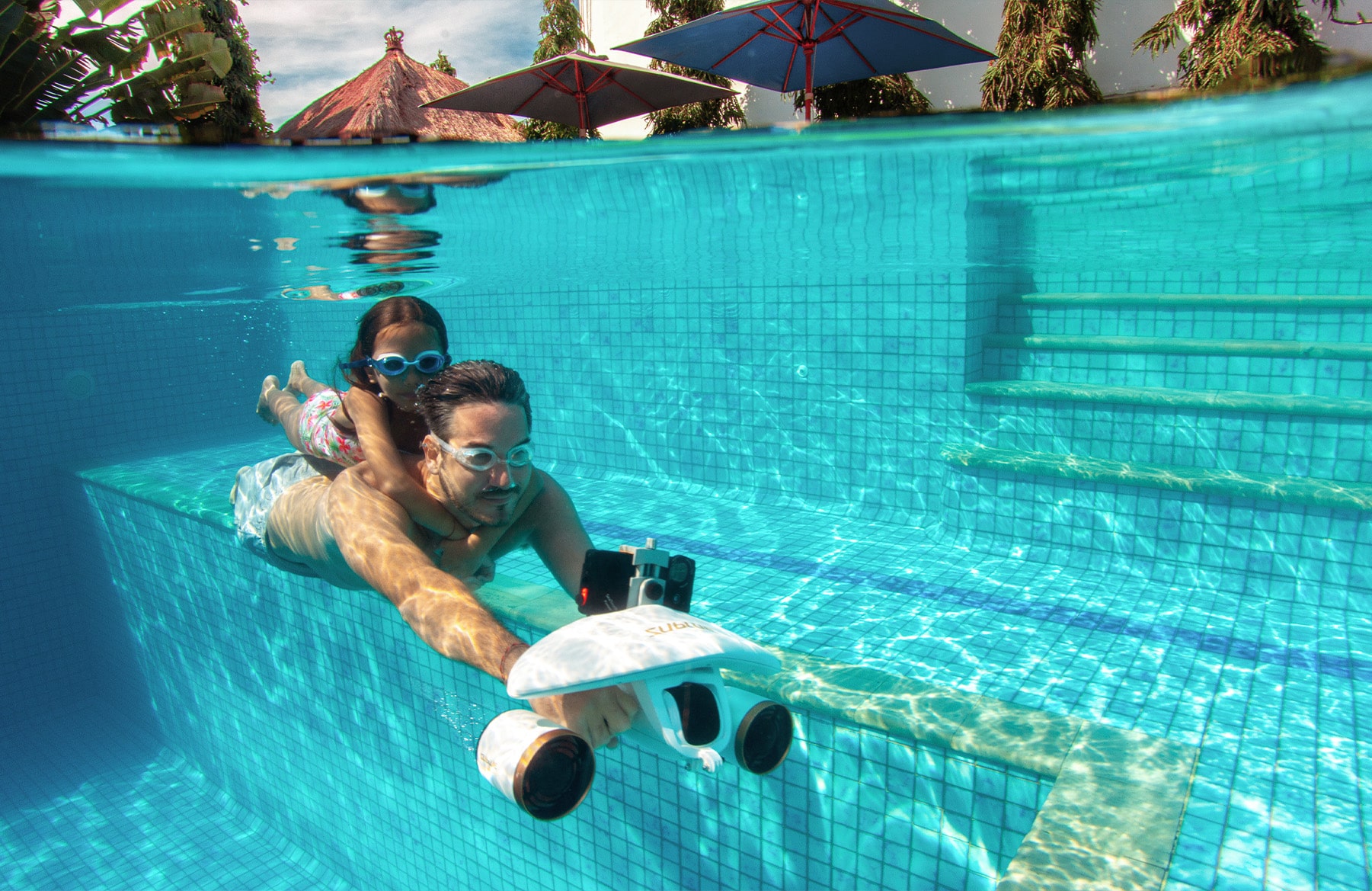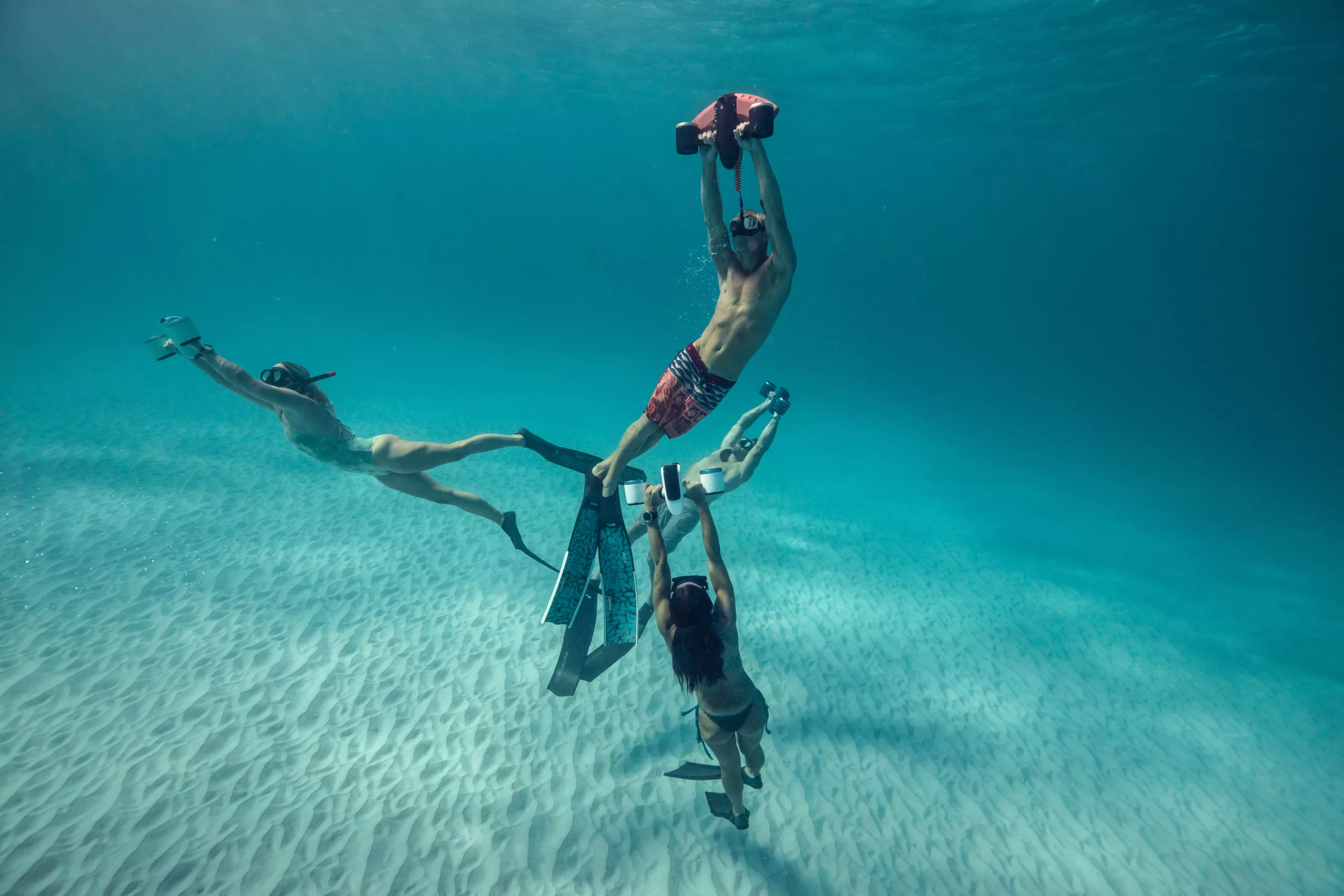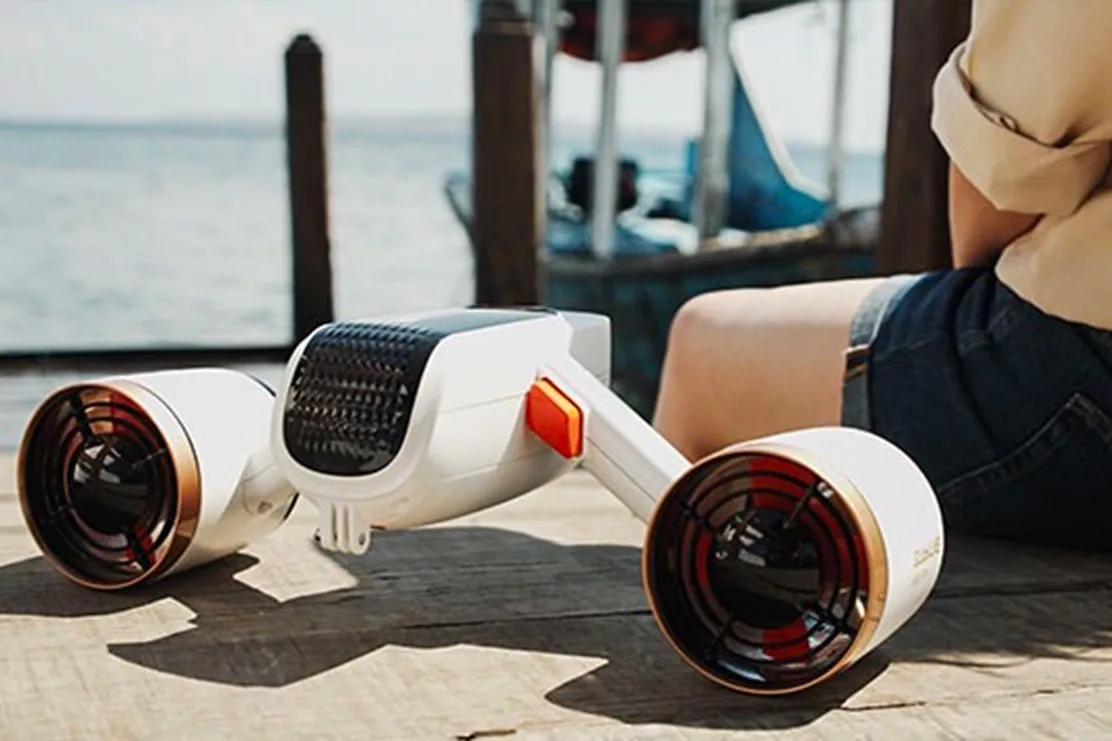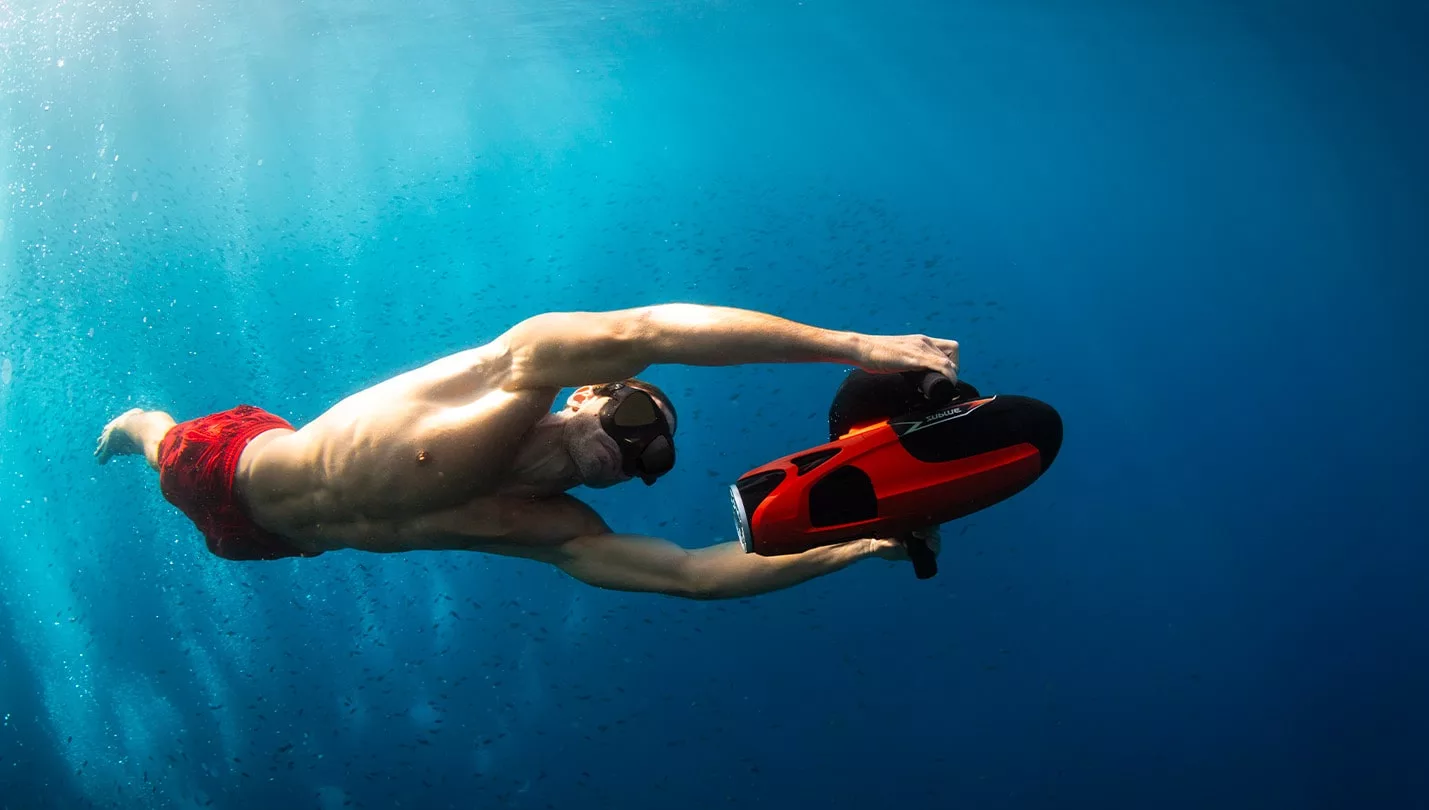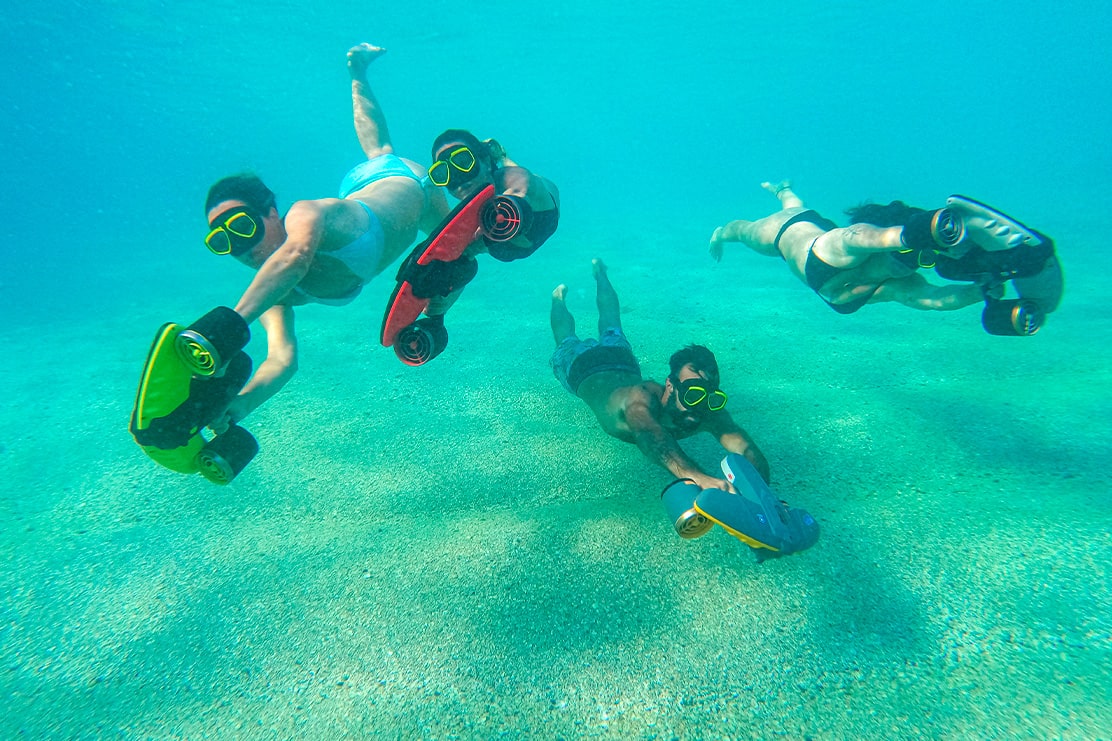The sea, magnificent and powerful, offers a multitude of opportunities for adventure, fishing, boating and much more. However, it is essential to be prepared for eventualities and to know the techniques for surviving at sea as well as what to do in an emergency. Whether you’re an experienced boater or a novice, this information can save your life in the event of a critical situation at sea.
A good understanding of the dangers of the elements and a willingness to adapt to an unforgiving environment will greatly increase your chances of survival. So take the time to inform yourself, equip yourself and, above all, respect the ocean and its elements for your next adventure at sea.
For example, did you know that a simple plastic bag can be used to collect rainwater or that sunlight reflected on a mirror can be seen from several kilometres away? Being well-prepared and respecting the elements are essential for operating in the marine environment.

Sea survival techniques you need to know before setting off
- Check the weather before sailing
Before setting sail, check the local and marine weather forecasts. Weather conditions can change rapidly at sea, so it’s essential to know what to expect.
- Have an optimum navigation plan
Plan your route in advance and share it with someone who won’t be on board. Be sure to include landmarks, GPS coordinates and approximate times.
- Equip yourself with the right gear
Carry lifejackets for everyone on board, as well as personal flotation devices. In addition, make sure your boat is equipped with a VHF radio, distress lights, a first-aid kit, a waterproof rucksack and a liferaft in case of emergency.

Being well prepared and equipped
When you’re at sea, being well prepared is essential to deal with any eventuality. That’s when having Sublue underwater scooters on board can be extremely beneficial. These underwater scooters are a real ally when things go wrong at sea. That’s because they’re so powerful and practical.
Imagine this situation: you’re out at sea, and for some reason you need to get back to shore quickly. The currents can be strong, and swimming long distances can be exhausting. That’s where Sublue underwater scooters come in. Thanks to their power, they allow you to move quickly and efficiently through the water, without having to fight currents or expend energy unnecessarily. This saves energy, which can make all the difference in an emergency.
If you have a stand-up paddle on board, the Sublue scooters can also be used as a mini-annex for your board. This means you have an extra option for getting around safely on the water.
Whether you’re carrying essential equipment, supporting other members of your crew, or simply exploring the surrounding area in a more convenient way.

En Cas d’Urgence en Mer
Stay calm in serious situations
In the event of a critical situation at sea, it is essential to remain calm. Panic can impair your ability to make rational decisions.
Communicate on your radio
Use your VHF radio to call for help. The standard distress channels are channel 16 (frequency 156.800 MHz) and channel 70 (frequency 156.525 MHz). Clearly state your situation, your position and the number of people on board.
Activate distress signals and flares
If your situation becomes desperate, activate distress signals, such as flares, smoke bombs or signal mirrors, to attract the attention of the emergency services.
Stay on board as long as possible
As long as your boat is in good condition and buoyant, it is generally safer to stay on board than to try to swim to shore. Your boat is more visible and easier to spot by rescuers.
Save your resources intelligently
If you’re stuck at sea for an extended period, ration your water, food and energy. Stay hydrated, but don’t drink salt water. Avoid excessive sun exposure wherever possible.
Keep an eye on others
Make sure all members of your crew wear lifejackets and stay together. Their safety is just as important as yours.
Use the Liferaft as a Last Resort
If your boat sinks or is seriously damaged, climb aboard the liferaft. Make sure it is properly inflated and that you have all the necessary equipment on board.

Conclusion on safety at sea
The sea can be an unpredictable environment.
By preparing yourself properly and knowing the techniques of survival at sea, you can increase your chances of survival in an emergency.
Communication, calmness and rational decision-making are essential for dealing with critical situations at sea. Remember that safety at sea depends largely on preparation and vigilance.
In the end, it’s better to be well prepared in survival techniques at sea and never have to use these skills than to find yourself in trouble without knowing what to do.Survival techniques at sea and action in the event of an emergency

